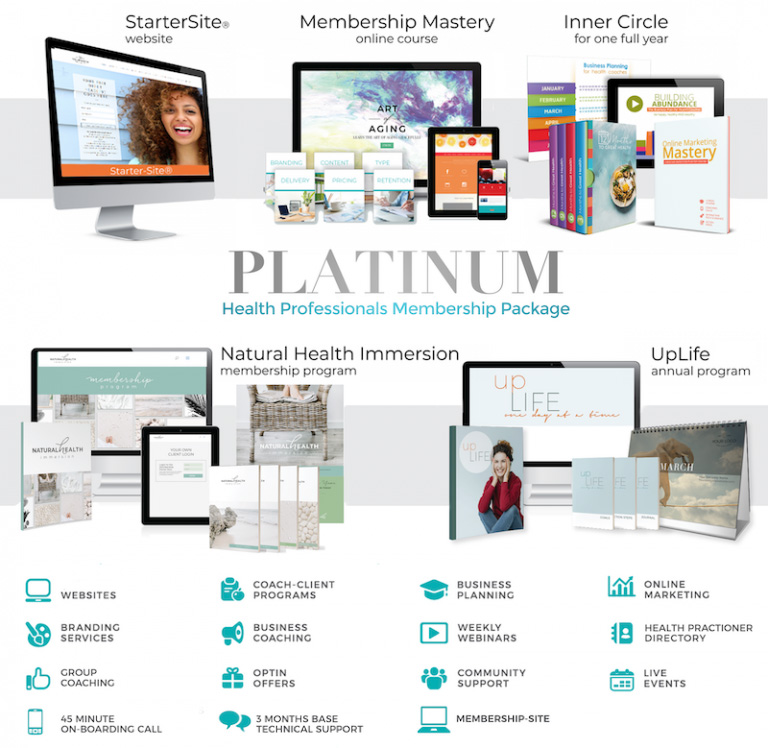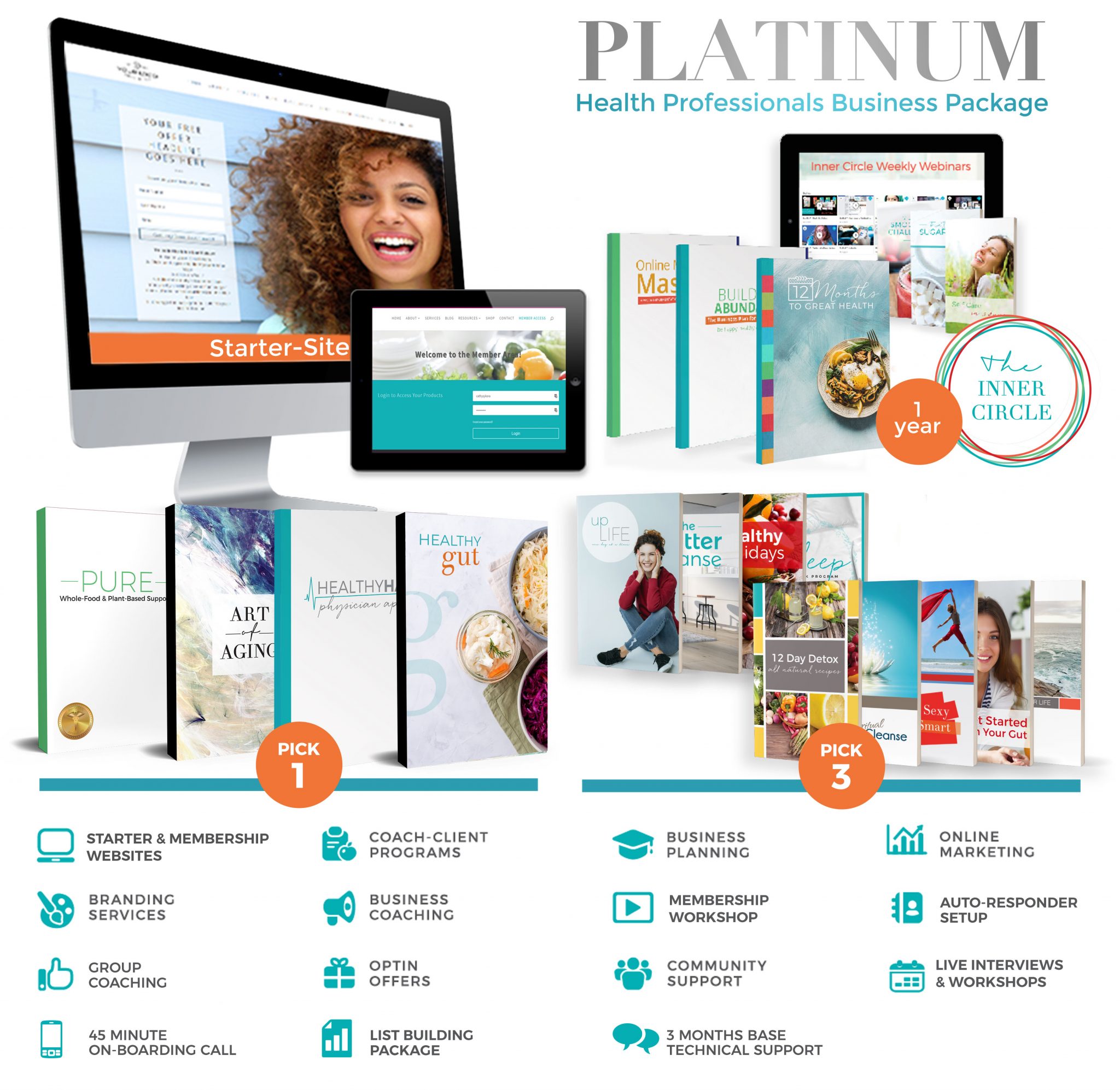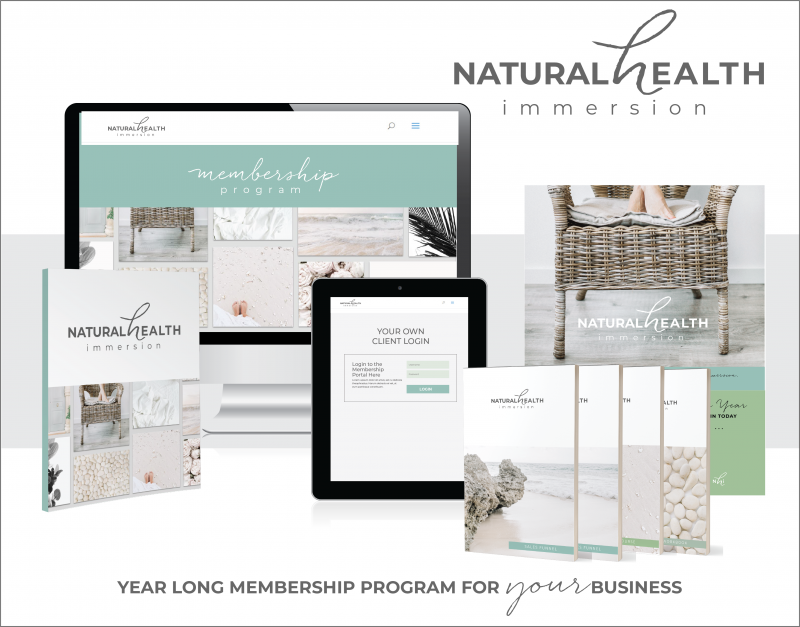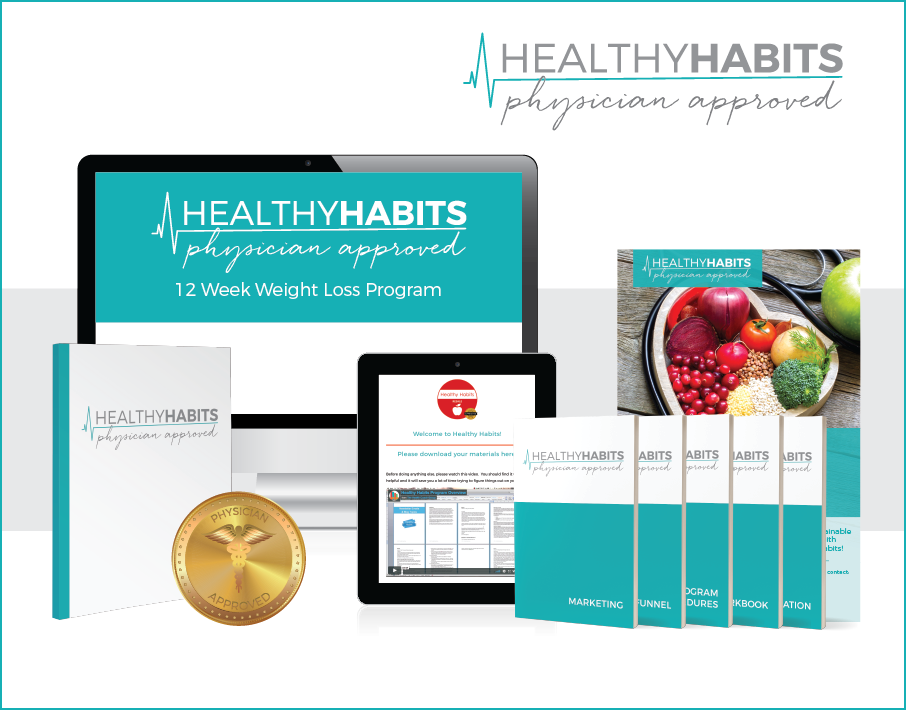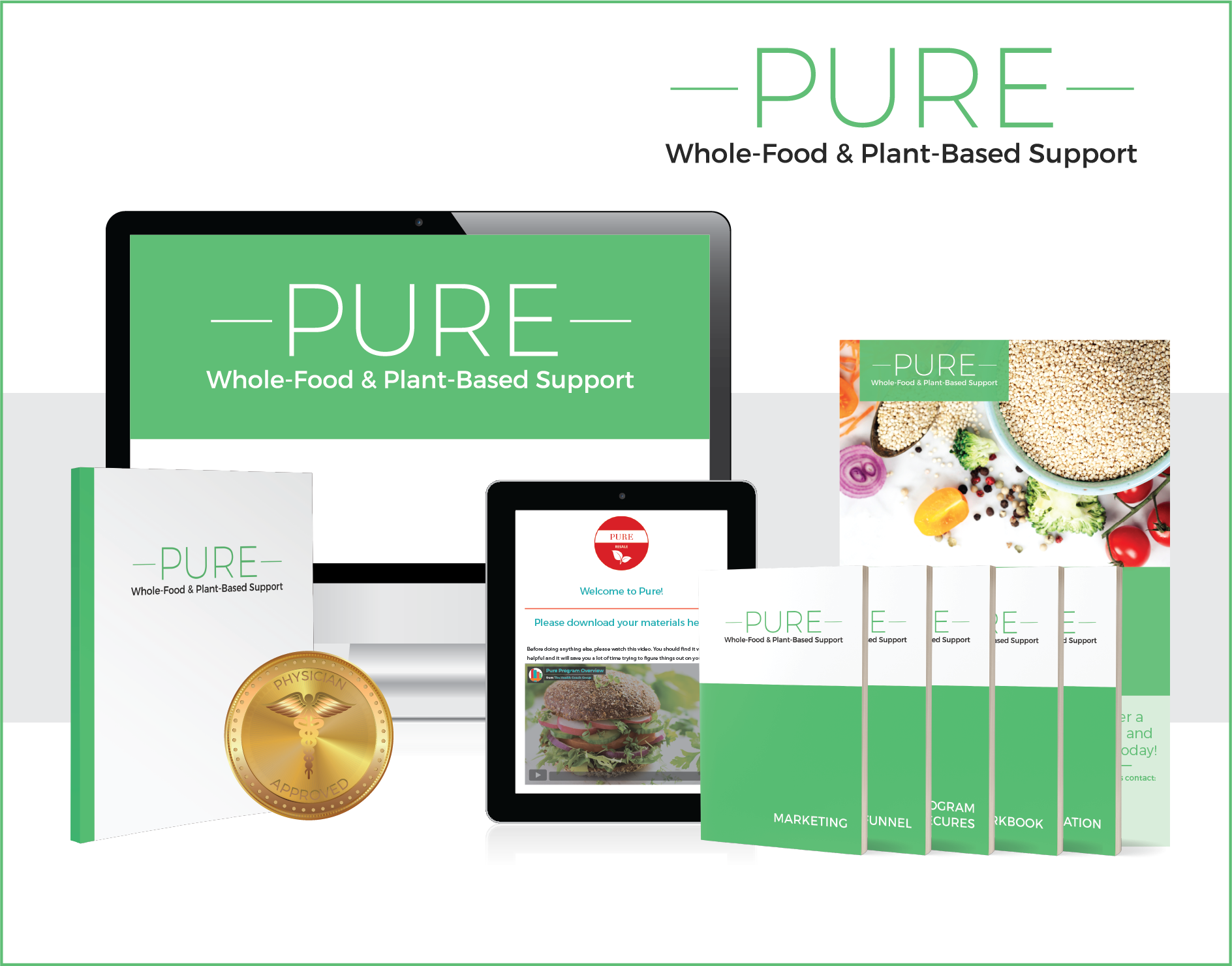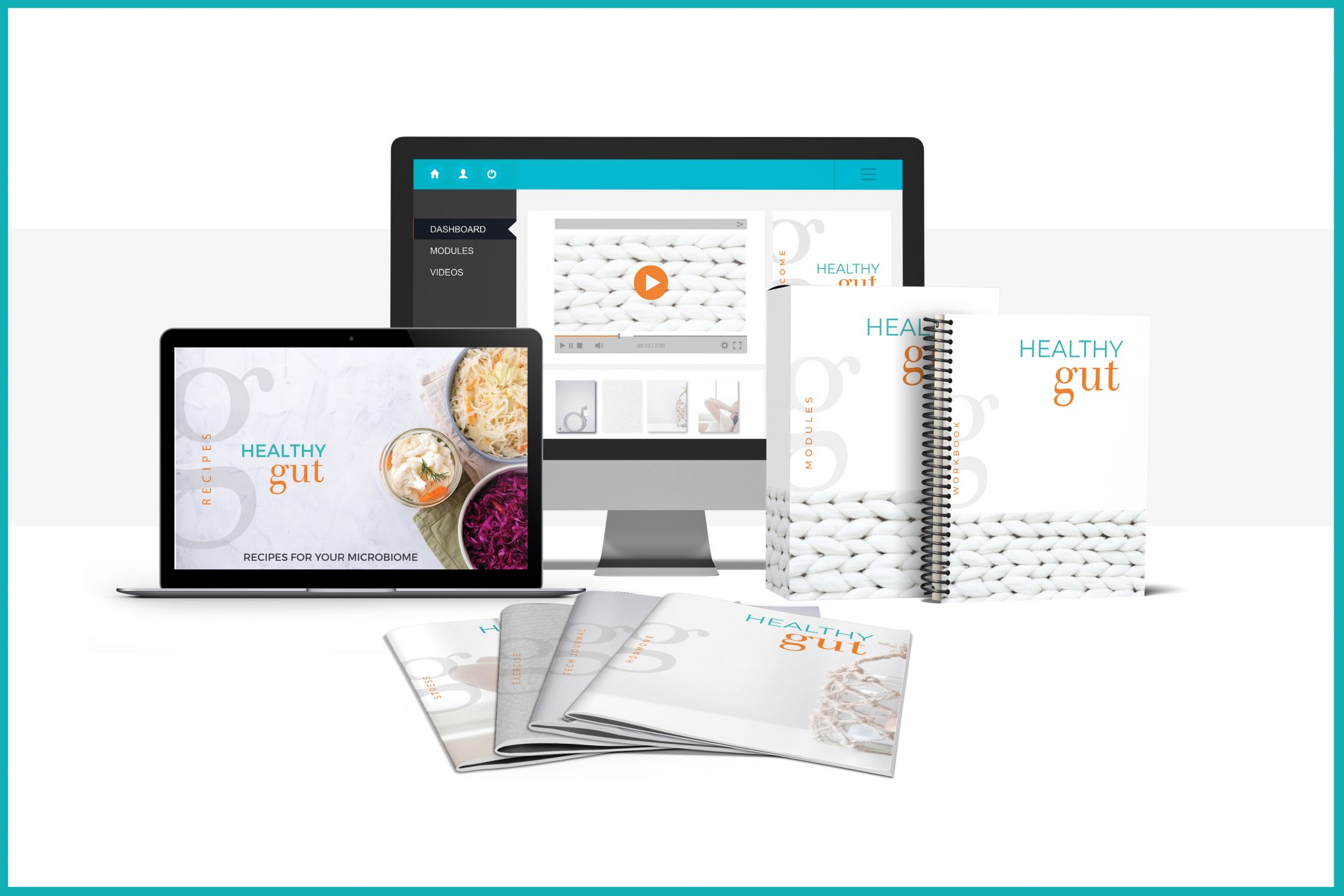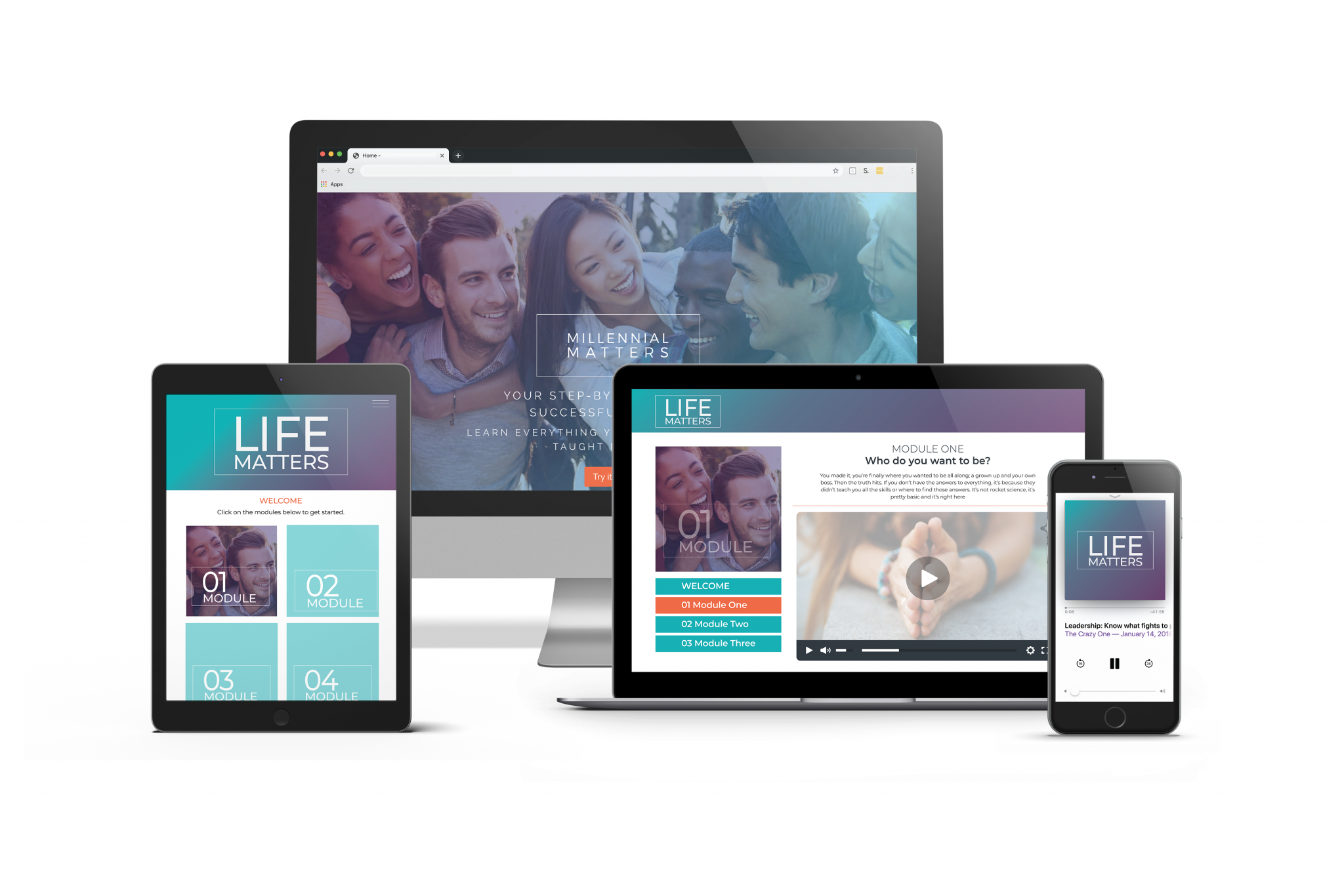Diet and Blood Pressure – Heart Health
Lessons in Wellness
for Health Coaches


High blood pressure, also known as hypertension, is a common health condition that affects millions of people worldwide. It is a major risk factor for heart disease and stroke, and managing blood pressure levels is crucial for maintaining good cardiovascular health. While medication can be prescribed to control hypertension, making dietary changes can also have a significant impact.
10 Powerful Foods That Can Lower Blood Pressure Naturally
Leafy Green Vegetables:
Leafy greens such as spinach, kale, and collard greens are rich in potassium, which helps the body get rid of excess sodium. Sodium is a leading cause of high blood pressure, and by increasing your potassium intake, you can help restore the balance.
Berries:
Berries, including strawberries, blueberries, and raspberries, are packed with flavonoids, which have been linked to a reduction in blood pressure. These delicious fruits also provide antioxidants, fiber, and vitamin C, making them an excellent choice for a heart-healthy diet.
Beets:
Beets are a fantastic source of nitrates, which are converted into nitric oxide in the body. Nitric oxide helps to relax and dilate blood vessels, leading to lower blood pressure levels. Incorporate beets into your diet by adding them to salads or blending them into smoothies.
Oats:
Oats are a high-fiber food that can contribute to reducing blood pressure levels. The soluble fiber in oats, known as beta-glucan, helps to lower cholesterol and stabilize blood pressure. Start your day with a nutritious bowl of oatmeal topped with berries for a double dose of blood pressure-lowering goodness.
Garlic:
Garlic has been used for centuries for its medicinal properties. It contains a compound called allicin, which has been shown to have blood pressure-lowering effects. Including fresh garlic in your meals or taking garlic supplements can be beneficial for managing hypertension.
Yogurt:
Low-fat yogurt is an excellent source of calcium, which plays a crucial role in regulating blood pressure. Research suggests that individuals who consume more calcium-rich foods tend to have lower blood pressure levels. Choose plain yogurt and add fresh fruits or nuts for added flavor and nutritional value.
Fish:
Fatty fish like salmon, mackerel, and sardines are rich in omega-3 fatty acids, which have been associated with numerous health benefits, including lower blood pressure. These fatty acids help reduce inflammation and promote heart health. Aim to include fish in your diet at least twice a week.
Pomegranates:
Pomegranates are packed with antioxidants, including polyphenols and anthocyanins, which can help lower blood pressure and improve overall heart health. Enjoy fresh pomegranate seeds as a snack or add them to salads or smoothies.
Dark Chocolate:
Indulging in dark chocolate can be a guilt-free pleasure when it comes to blood pressure management. Dark chocolate contains flavonoids called flavanols, which can help relax blood vessels and improve blood flow. Look for dark chocolate with a high percentage of cocoa (70% or more) for maximum benefits.
Olive Oil:
Switching to heart-healthy oils like olive oil can have a positive impact on blood pressure. Olive oil is rich in monounsaturated fats and polyphenols, which can help lower blood pressure and reduce inflammation. Use olive oil for cooking, salad dressings, or as a dip for bread.
Beware: 10 Foods That Can Raise Blood Pressure
While there are foods that can help lower blood pressure, it’s equally important to be aware of the foods that have the potential to raise it. Foods can contribute to increased blood pressure, and being aware allows you to make informed choices for better cardiovascular health.
Processed Meats:
Processed meats like sausages, hot dogs, and deli meats are often high in sodium and unhealthy fats. These foods can raise blood pressure levels due to their sodium content, which contributes to fluid retention and increased pressure on the blood vessels.
Canned Soups and Broths:
Canned soups and broths are convenient, but they are often loaded with sodium as a preservative and flavor enhancer. Excessive sodium consumption can lead to fluid retention and elevated blood pressure. Opt for homemade soups or low-sodium options instead.
Pickles and Pickled Foods:
Pickled foods, including pickles, olives, and sauerkraut, are notorious for their high sodium content. Consuming these foods regularly can contribute to elevated blood pressure levels. Consider choosing low-sodium or homemade pickled options.
Fast Food:
Fast food items such as burgers, fries, and fried chicken are typically high in unhealthy fats, sodium, and calories. Regular consumption of fast food has been linked to weight gain, high blood pressure, and other health issues. Limit your intake of fast food and opt for healthier, home-cooked meals whenever possible.
Sugary Drinks:
Regular consumption of sugary beverages like soda, sweetened fruit juices, and energy drinks has been associated with increased blood pressure. These drinks are often high in added sugars and empty calories, contributing to weight gain and elevated blood pressure. Choose water, herbal tea, or freshly squeezed juices instead.
Salted Snacks:
Snack foods like potato chips, pretzels, and salted nuts are not only high in sodium but also often contain unhealthy trans fats. The combination of sodium and unhealthy fats can raise blood pressure levels. Look for unsalted or low-sodium alternatives or opt for healthier snack options like air-popped popcorn or fresh fruits.
Alcohol:
Excessive alcohol consumption can lead to a temporary spike in blood pressure. Regular and heavy drinking can contribute to chronic hypertension. Limit your alcohol intake to moderate levels (up to one drink per day for women and up to two drinks per day for men) to maintain a healthy blood pressure.
Frozen Meals:
Frozen meals, including ready-to-eat dinners and pre-packaged entrees, are often loaded with sodium, unhealthy fats, and preservatives. These convenient options may be convenient, but they can significantly impact your blood pressure. Choose homemade meals or look for low-sodium frozen meal alternatives.
High-Sodium Condiments:
Condiments like soy sauce, ketchup, and salad dressings can add a significant amount of sodium to your meals. Check labels for low-sodium options or consider making your own condiments at home using fresh ingredients and minimal salt.
Energy Drinks:
Energy drinks are popular among individuals seeking a quick energy boost, but they can have detrimental effects on blood pressure. These beverages often contain high levels of caffeine and sugar, which can lead to temporary spikes in blood pressure. Opt for natural sources of energy, such as exercise and balanced nutrition.
Conclusion:
Being mindful of the foods that can raise blood pressure is essential for maintaining cardiovascular health. By reducing the consumption of processed meats, canned foods high in sodium, sugary drinks, and excessive alcohol, you can take proactive steps toward managing blood pressure levels. Opting for fresh, whole foods and cooking meals at home with minimal salt will not only help maintain a healthy blood pressure but also promote overall well-being. Remember, a balanced diet, regular exercise, stress management, and regular medical check-ups are key to maintaining optimal cardiovascular health.

Disclaimer: The information provided in this blog is for educational purposes only and should not be considered a substitute for professional medical advice, diagnosis, or treatment. Always seek the advice of your physician or other qualified healthcare providers with any questions you may have regarding a medical condition. Never disregard professional medical advice or delay in seeking it because of something you have read in this blog.
Recommendation: It is important to consult with your doctor or healthcare professional before making any significant changes to your diet, especially if you have a pre-existing medical condition or are taking medications. Your doctor can provide personalized guidance based on your specific health needs and help you develop a comprehensive plan for managing your blood pressure effectively. They can also monitor your progress and make adjustments as necessary to ensure your overall well-being. Remember, everyone’s health situation is unique, and professional medical advice is crucial for tailored recommendations.
Further Reading
With content below.
Platinum Package (Includes Business Planning, Online Marketing Mastery, List Building Pkg, and business coaching)
Inner Circle (Includes BA, OMM)
Tell me where you are in your business building and what you’re stuck on. Let’s see if we can get you “unstuck”. Comment below.

